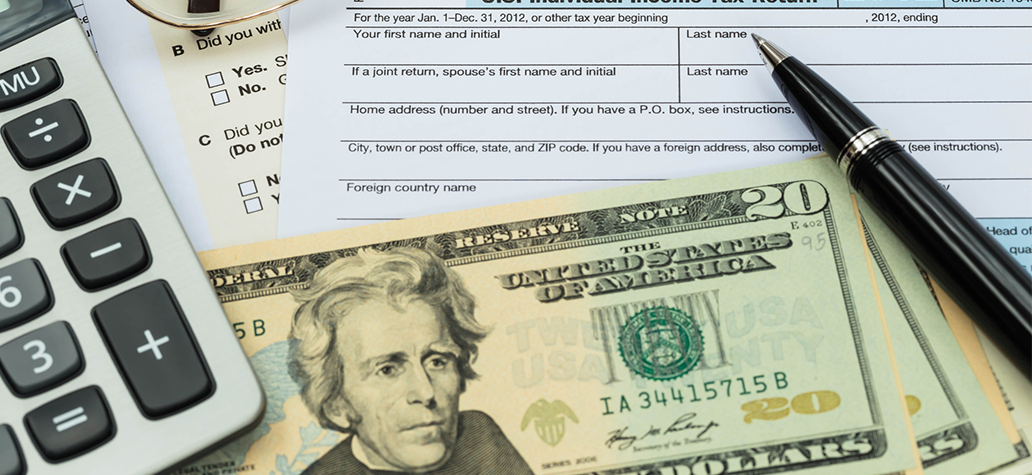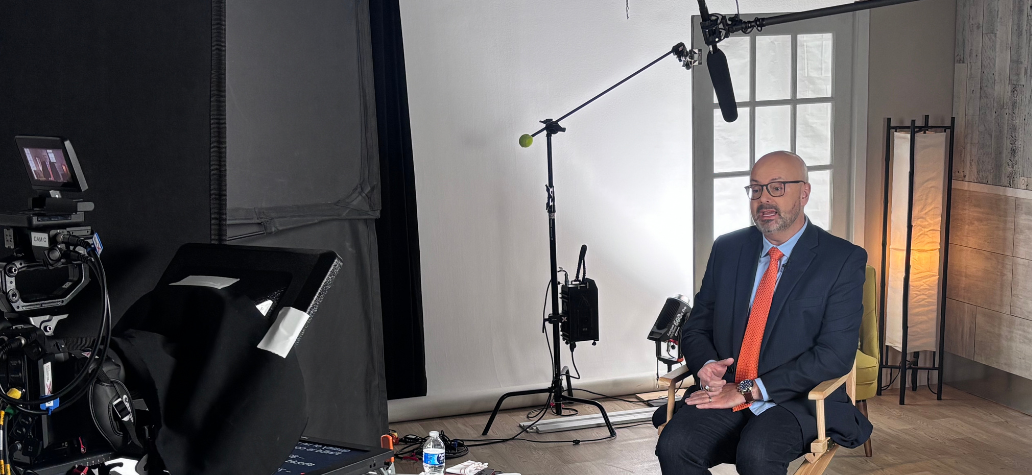It is intolerable, and frankly immoral, to ignore the outrage, sorrow and torment within our fragmented and unequal society. The epidemic of social and economic injustice persists as our country’s attempts to halt prejudice and build inclusivity have fundamentally failed. The inequity is evident in innumerable aspects of our society, most clearly demonstrated by the racial wealth gap that has endured for generations. Anger is justified. No longer can shortsighted, mute or indifferent actions be used as a way to react to the equity struggle that Black and Latinx Americans face. Racism is a reality. It is not a buzzword or political term. It is very real and very present.
We all share the responsibility to listen and make an earnest commitment to evolve. I am reflecting on my role in overcoming systemic injustice and bigotry while recognizing that I come from a place where others do not experience the same benefit. Many white people dismiss their privilege as if it were a myth. Acknowledging your privilege does not erase the struggles you have faced in your life. It does not remove the fact that you had to plan and work hard for all that you have achieved. It does not ignore that you are, or have been, poor. It does not counter your own struggles with discrimination and bullying. And for that matter, recognizing white privilege does not make you a racist. An acknowledgment of privilege unveils naivety, and for some, ends an overt preference to ignore reality. The recognition also asks you to see how you have directly benefited by being a white person, no matter how bad your current or past circumstances.
Disparities In Economic Experiences and The Labor Market
The fact that 44 million Black Americans, taxpayers, and earners are being met with resistance and denial as they ask white people to consider economic and health care obstacles that Black people confront daily is a clear example. To simply dismiss the concerns of an entire race or ethnicity when you have not walked one day in their shoes is privilege. To ignore the plight of millions because you “don’t see it” in your life is white privilege. The point that you deny as truth anything you do not see, face or negatively experience daily is blatant privilege. Not having to worry about bias and racism at every job, in every labor market, school, shop, street and neighborhood you encounter is privilege. The fact that you take the call to end racism or the movement for justice and racial equality and make it about you, your needs and your point of view is privilege.
Everyone experiences challenges and struggles. But do not be the person who refuses to show compassion and consideration. Use your pain and struggle as an onramp to consider that others may have it harder than you. At this moment white people should be uncomfortable. I have had to go through my own exploration. My Black friends, coworkers and colleagues are patient because they see I want to learn and grow. White privilege exists and I have benefited from it in clear ways that are apparent to me and other ways that I may never fully realize.
The Effects Of Covid-19 On Economic Inequality and Racism
There is a very wide and pervasive wealth and asset gap between races, and layoffs, minimum wage disputes, and the economic fallout of the Coronavirus (COVID-19) crisis are disproportionately affecting Black and Latinx Americans due to that income inequality and health care disparities. When generations of inequality and discrimination permeate the financial lives of millions, we have an economically divergent scale of financial fragility. Therefore, the hardship of job loss and reduction in income is more destructive to those who are financially insecure. This does not imply the remainder of society is unharmed, but rather statistically certain groups will suffer from an economic crisis more than others. Census data show that the median and mean income of white Americans is higher than those who are Black and Latinx. I have been working in the financial education field for a decade and find few, if any, measures more clearly demonstrate the racial inequality within the U.S.
Our core values will dictate how we respond. At the organization I lead, I am proud of the work we do to highlight financial inequities among races and genders, coupled with our work to build capacity and examine the economic policy and ecosystem at play to ensure all youth—including Black and Latinx youth—are able to live their best financial lives. I am equally proud that our board of trustees has focused on inclusion and diversity within their role of governance and mission stewardship. But I also realize the need to do much more. We will be investing in our values with a lens focused on equity. While we cannot solve the problem of financial inequality alone, we will take intentional steps to cumulatively create a paradigm shift. Our immediate steps will focus on capacity building in communities.
Financial Education As A Solution To Economic Inequality
We are proud to partner with the Association for Financial Counseling and Planning Education® (AFCPE) to fully sponsor the training and credentialing of 100 new Accredited Financial Counselors®, all of which will be people of color. Next, we are providing unrestricted operational funds to six financial well-being-focused organizations that serve communities most impacted by COVID and the resulting economic crisis, as well as those directly impacted by racism, prejudice and bias. As the data show, certain populations have been, and will continue to be, those hardest hit economically. These organizations, and many others who are doing excellent work and need your support, include:
- Coalition of Communities of Color, Portland, Ore.
- EveryoneOn, Washington, D.C.
- Foundation for the Mid South, Jackson, Miss.
- National Coalition Against Domestic Violence, Denver, Colo.
- Society for Financial Education & Professional Development, Alexandria, Va.
- Women’s Community Revitalization Project, Philadelphia, Pa.
Our evolution is just beginning with these steps. The more clearly we understand the factors that create economic inequality, the better we can improve financial education and financial capability. Through listening and empathetically reacting to what we hear we can work together toward real solutions. We will be steadfast in championing change and supporting those who take positive action. We must heal together and should not settle for any ambition less than equity for all. It is the only hope for a better future.
Billy J. Hensley, Ph.D., is president and CEO of the National Endowment for Financial Education (NEFE), a nonprofit foundation that champions effective financial education. NEFE is the independent, centralizing voice providing leadership, research and collaboration to advance financial well-being.


